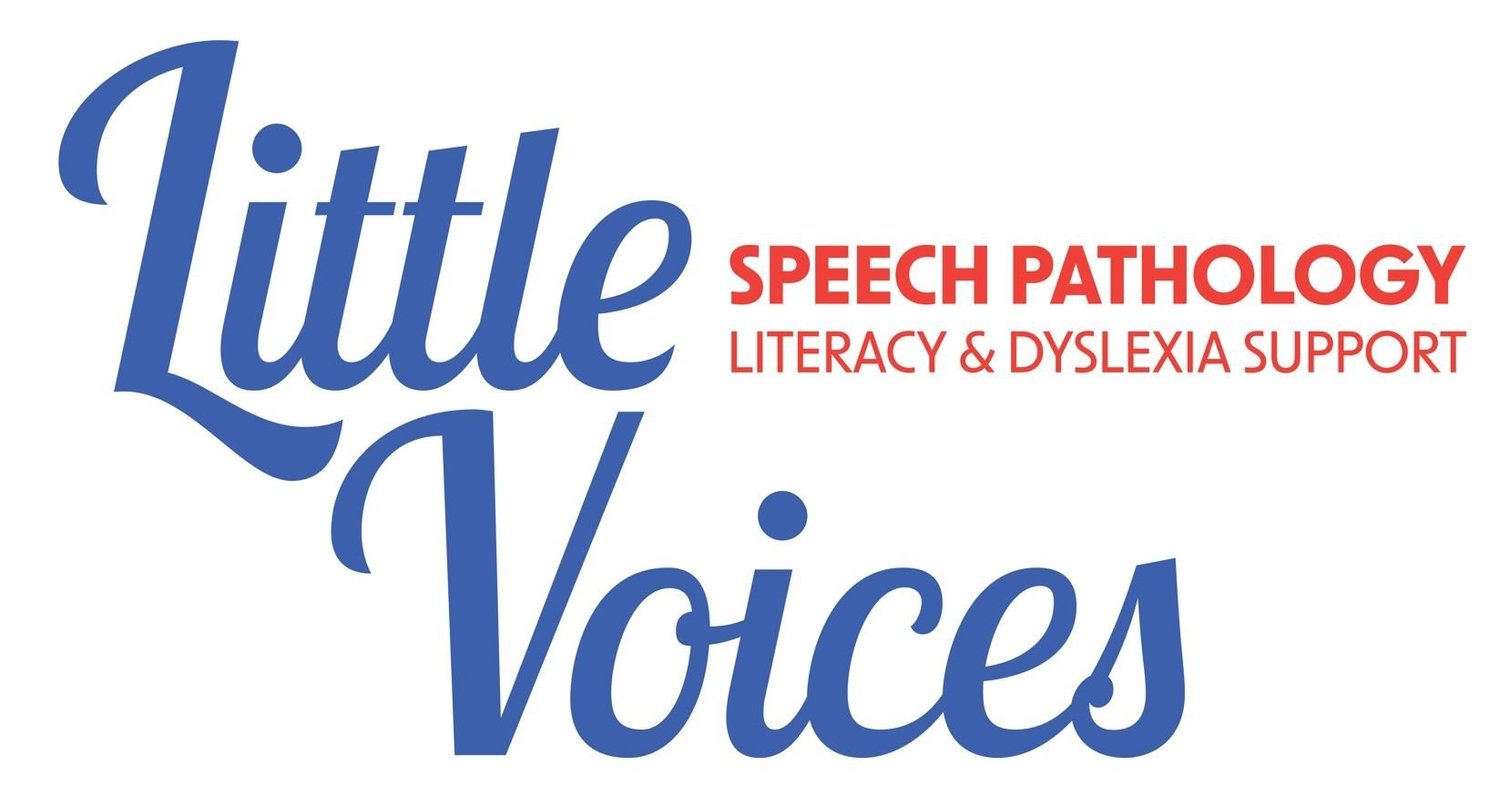Check out our online course for parents “Navigating Dyslexia”.
“I feel like I’m failing my child because I don’t know how to help them.”
If you’ve ever felt this way, you’re not alone. Dyslexia doesn’t come with an instruction manual, but that doesn’t mean you have to figure it out on your own.
My online course gives you a clear roadmap, so you can stop feeling overwhelmed and start supporting your child with confidence.
💡 You’re not failing, you just need the right tools.
Dyslexia and Literacy Support
Little Voices Speech Pathology uses evidence based, explicit and structured phonics programs such as Orton-Gillingham and Sounds Write to support students with dyslexia in developing strategies to learn to read and write.
Why choose a Speech Pathologist to support your child's literacy difficulties or dyslexia?
Speech pathologists are the best professionals to support students with dyslexia for several reasons:
1. We have a strong understanding of language development and how it relates to literacy.
2. We can assess and diagnose dyslexia and create individualised treatment plans.
3. We have training and expertise in evidence-based practices for teaching reading and writing.
4. We can work with students to improve phonological awareness, decoding, comprehension and spelling.
5. We have experience collaborating with other professionals, like teachers and psychologists, to ensure the best possible outcomes for students with dyslexia.
Overall, speech pathologists are uniquely qualified to provide comprehensive support for students with dyslexia and help them achieve their full potential.
To find out more about dyslexia or the teaching of reading, visit the following websites:
-
Difficulty learning nursery rhymes
Delayed speech sound production and / or language development
Difficulty learning early concepts such as colours and numbers
Difficulty learning the letters in their own name
Difficulty recognising rhyming words
Difficulty matching words that begin with the same sound
A family history of learning difficulties
-
Poor understanding of letter sound links
Slow and inaccurate word recognition
Difficulty decoding unfamiliar words
Struggles to read, write and spell
Sometimes struggles to find the right word (when speaking)
Avoids or hates reading
Gets frustrated when reading
Difficulty following instructions
Struggles to remember names, dates, months or sequences
Family members with a diagnosis of dyslexia or other learning difficulties like ADHDn text goes here
-
Slow and laboured reading
Struggles to comprehend written information
Suffers from anxiety related to school or schoolwork
Takes much more time to complete assignments or exams than others
Struggles to remember names, dates, months or sequences
Chooses not to read for pleasure
Has a history of literacy difficulties in school
Struggles to fill out forms or applications
Disorganisation and difficulties with planning
Family members with a diagnosis of dyslexia or other learning difficulties like ADHD
-
As young as 6 years in some cases. The myth that we need to wait until a child is 7 or 8 before a diagnosis can be made still prevails. Nadine Gaab, Ph.D. states “While a diagnosis of dyslexia currently requires repeated failure learning to read, this does not mean that early signs of dyslexia cannot be observed in preschool (or possibly earlier). Deficits in phonological awareness, rapid automatized naming, verbal working memory, and letter knowledge have been shown to be robust precursors of dyslexia in children as young as age three (Puolakanaho et al., 2007).”
“Repeated failure in learning to read” means that a child must have had sufficient opportunities to be able to learn to read, using an explicit and structured approach to teaching. If a child has had 6 months of teaching using such an approach, and they’re not making expected progress, this is a good time to do a screening assessment. The ‘wait to fail’ approach doesn’t work. The earlier these children can be identified, the better their outcomes, and the likelihood of any mental health impact is far less.
-
While diagnosis of dyslexia has historically been an area for educational psychologists, speech pathologists with appropriate qualifications and experience can also diagnose. See more about that in my blog post: Can a Speech Pathologist diagnose dyslexia?.
-
NO! A diagnosis of dyslexia is not required in order for a child to receive support at school. In Victoria, there have been a number of changes over the past couple of years, with the introduction of the Disability Inclusion program and the online Diverse Learners Hub. The Victorian Department of Education and Training have some great documents that support schools and teachers to better understand dyslexia, and how to better support students in the classroom. See more here. https://www.vic.gov.au/learning-difficulties


